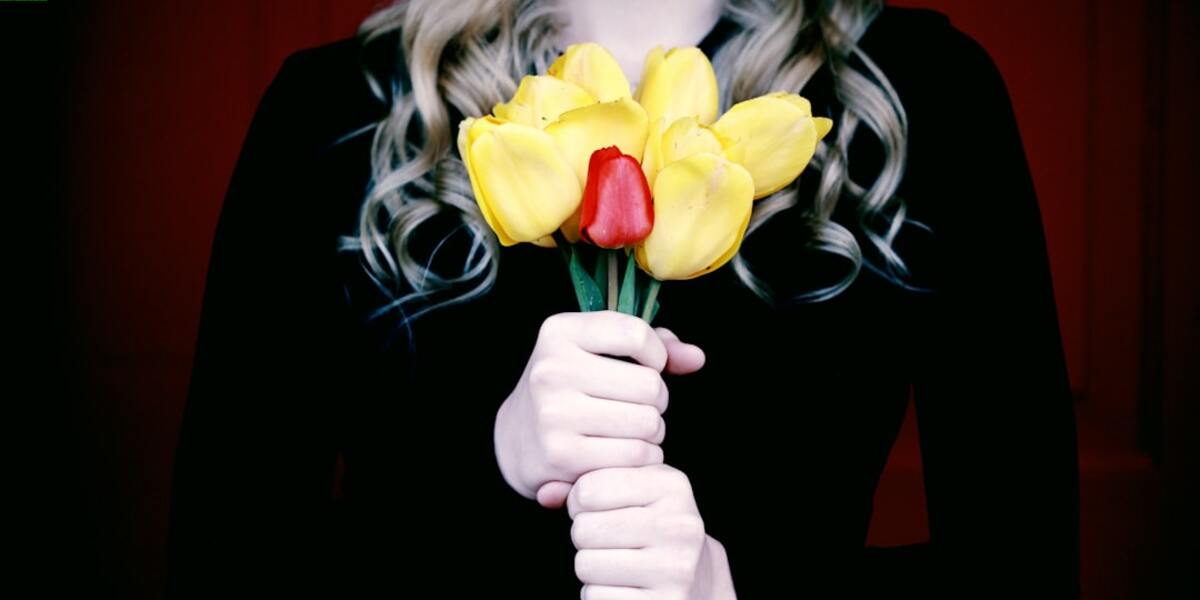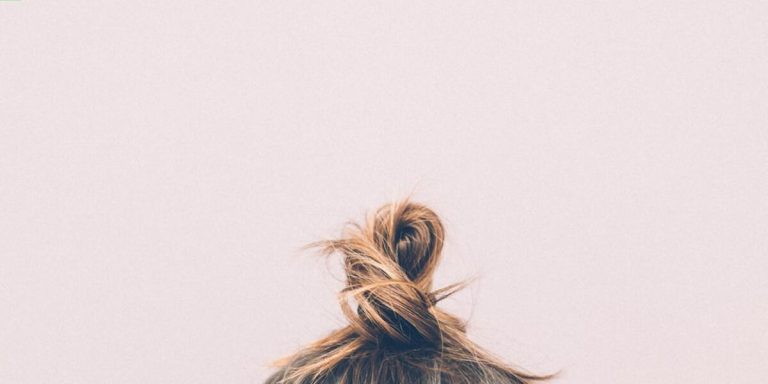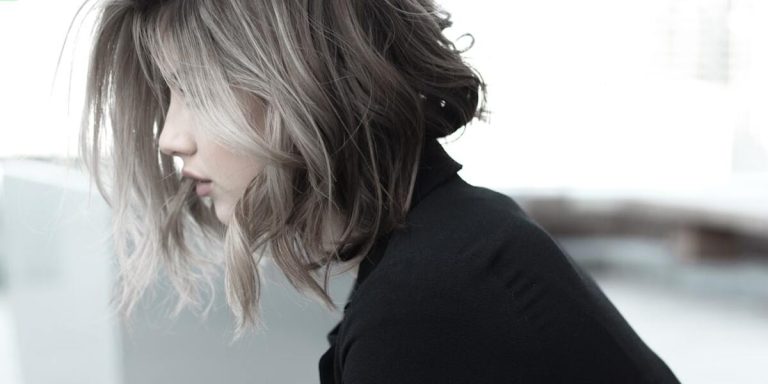Can Alcohol Cause Hair Loss? A Comprehensive Analysis on the Impact of Drinking on Your Mane Health
Have you ever wondered, “can alcohol cause hair loss?” This isn’t a question that gets asked frequently, but the link between alcohol consumption and mane health is an important topic to explore. It’s well known that excessive drinking can have numerous negative impacts on overall health – but what about its effects on our tresses?
In this discussion, we will delve into the intricate connection of alcohol use and hair condition. The aim being not to demonize all forms of drinking but rather shed light on how moderation in everything – including your alcoholic drinks – could be beneficial for maintaining luscious locks. We’ll take a comprehensive approach discussing scientific studies and expert opinions concerning this under-discussed issue in haircare.
Did you know?
Chronic heavy drinking can lead to iron deficiency anemia, a condition that negatively affects hair health and growth as confirmed by various scientific studies. Thus, excessive alcohol consumption could indirectly contribute to hair loss.
Understanding the Link Between Alcohol Consumption and Hair Loss
It’s critical to comprehend the intricate relationship between alcohol consumption and hair loss, especially in today’s world where our lifestyle choices significantly impact various aspects of our health. Due to a variety of reasons including genetic predisposition or certain medical conditions, people may experience thinning hair or baldness. However, not many realize that their alcoholic beverage intake could be exacerbating these issues.
Alcohol directly affects your overall well-being by dehydrating the body. This dehydration can result in dry and brittle hair strands that break off easily. Furthermore, alcohol can cause nutritional deficiencies, such as low levels of iron or zinc—critical elements for healthy hair growth—potentially leading to premature alopecia (hair loss).
The situation worsens when heavy drinkers replace meals with alcohol, depriving themselves of essential proteins needed for strong roots that can resist shedding. This increases their susceptibility to severe scalp conditions like male pattern baldness.
Examining the Nutritional Deficits Associated with Heavy Drinking
The connection between alcohol consumption and hair loss is part of an extensive investigation. It’s essential to know that moderation in drinking can be beneficial; however, excessive intake could lead to many health problems, one being the condition known as “Alcohol-Induced Hair Loss”. But how exactly does this happen?
Let’s dive into it.
To start with, we need to consider the impact of heavy drinking on our nutritional balance which holds a pivotal role when contemplating if “can alcohol cause hair loss”.
Heavy drinkers often have nutrient deficiencies because consuming copious amounts of alcoholic beverages suppresses appetite. This leads individuals down a path where they neglect their dietary needs resulting in malnutrition over time. In particular, such behavior significantly diminishes vitamin B content – specifically biotin and folic acid – both elemental for maintaining healthy locks.
How Excessive Alcohol Impacts Hormone Levels and Hair Health
To understand this better, let’s take a closer look at how excessive drinking affects our body.
First off, it disrupts our hormonal balance. Alcohol interferes with the way hormones function and are produced in our bodies – something essential for good health and overall well-being. In men particularly, heavy drinking has been linked to increased levels of estrogen – female sex hormones that may inhibit hair growth or lead to thinning of hairs over time by reducing follicles’ size.
On top of messing up hormonal balances, excess alcohol also causes dehydration — another significant factor contributing towards poor scalp health and subsequent problems like dryness or flakiness that might result in dull-looking strands prone to breakages worse yet; eventual baldness due its inability sustain healthy new cell production necessary maintaining full head thick locks!
Scientific Insights into Alcoholic Beverages’ Role in Balding or Thinning hair
Scientific evidence has established a link between long-term consumption of alcohol and hair loss, making it an underlying cause that often goes unnoticed. High levels of alcohol intake can inflict considerable damage to the human body, including ones tresses. Alcohol tends to dehydrate your bodies as well as our strands, leading them towards becoming dry and brittle which in turn makes them more prone to breakage.
Alcohol’s negative effects aren’t limited merely at dehydration. It may also disrupt the absorption of hair-essential nutrients like proteins and vitamins within our bodies. This is because excessive drinking can alter the levels of estrogen and zinc within one’s system – two key elements intricately linked with hair maintenance.
Furthermore, alcoholic beverages generally contain high sugar content which might lead to hormonal imbalances when consumed excessively or regularly over time resulting for some people in what we know as balding or thinning hair issues.
In 2023, studies continue to support these potential correlations, suggesting that moderating consumption may not only benefit general health but also potentially help maintain lush locks. Remember that everyone is different, and hair health depends on various individual factors besides alcohol consumption. However, we unquestionably understand that moderation has never caused trouble—perhaps something to consider next time you reach for another glass.
Investigating the Toxic Effects of Acetaldehyde on Hair Follicles
Acetaldehyde is a toxic byproduct of alcohol metabolism known for its harmful effects on the body. However, recent research suggests that this substance may also play a key role in hair loss, linking it directly to excessive alcohol consumption.
The breakdown of alcohol in our bodies results in acetaldehyde production. This compound then wreaks havoc at cellular levels by damaging protein structures and causing inflammation – factors detrimental to healthy hair growth.
A study conducted earlier this year revealed alarming statistics associated with alcoholic beverages’ prolonged intake and subsequent acetaldehyde exposure. It was discovered that individuals who consumed significant quantities of beer or spirits showed increased signs of balding or thinning compared to those who abstained from these drinks entirely.
Furthermore, an experiment involving lab mice subjected them into abnormal amounts of acetaldehyde which led their fur’s notable deterioration over time – showcasing direct evidence implicating high-consumption rates as potential triggers for hair follicle damage and resulting baldness progression.
Comparing light drinkers with heavy ones reveals an interesting paradox. Moderate drinking might confer certain health benefits, such as:
- A small increase in blood circulation rate
- Efficient nutrient transportation to the scalp area
- Potential improvement in overall hair quality
However, excessive alcohol consumption reverses these benefits, leading to exacerbated alopecia due to the influx of toxins affecting the human organism. This confirms that alcohol can indeed cause hair loss.
The Correlation Between Dehydration, Drinking Habits, and Scalp Conditions
The consumption of alcohol has long been a topic for debate regarding its impacts on health. One particular concern that people often overlook is the potential link between alcohol and hair loss. When asked, “can alcohol cause hair loss?”, science presents us with a plausible connection.
Drinking habits can significantly impact your state of hydration. Ingesting excessive amounts of alcoholic beverages frequently causes dehydration due to their diuretic nature — this means they increase the rate at which body fluids are expelled through urination.
Dehydration from prolonged drinking affects every part of our bodies ,including our scalps and strands. It dries out the scalp, leading to changes in texture making it prone to damage such as breakage or thinning over time . Dehydrated follicles become rigid and brittle; these conditions make them more susceptible not only damage but alopecia as well – an umbrella term referring all types baldness related issues .
Alcohol also leads to imbalances in hormones – particularly estrogen levels in both men and women – resulting further promotion hair-loss process by reducing size follicle shafts where new hairs grow up within matrix cells underneath skin surface near root tip section (bulb).
Despite research findings suggesting correlation deference should taken when interpreting outcomes because direct causal relationship yet be established since multiple variables come play each individual case study done so far till date 2023.
Lifestyle Factors: Gauging Alcohol’s Indirect Contribution to Hair Shedding
When it comes to hair loss, there are numerous factors involved. One such factor is our lifestyle choices and habits that can significantly affect the health of our hair follicles, eventually leading to excessive shedding or complete baldness in severe cases. For instance, consistent consumption of alcohol has been linked indirectly with hair thinning issues.
Alcohol’s implication on your health isn’t a secret anymore. It not only profoundly affects your liver but also interferes with nutrient absorption—a critical process for maintaining healthy locks—which could be one possible connection between drinking alcoholic beverages regularly and experiencing increased hair fall patterns in individuals.
Regular and substantial consumption of alcohol dehydrates you by making your body lose essential electrolytes. It puts you in a diuretic cycle that expels water from cells too quickly, including those in your scalp’s lush layers. Your hair feels less full because it loses moisture content. This leads to dry and brittle strands that break easily, reducing volume over time. Brushing the weakened fibers apart each day may also cause noticeable thinning areas due to continuous mechanical damage.
Stress, Sleep Patterns, and Their Relation to Both Alcohol Use and Hair Fall
Consuming alcohol in moderation rarely leads to hair loss. However, when drinking starts affecting your lifestyle and wellness practices such as sleep pattern and stress levels, it’s time you paid closer attention. Understanding the indirect consequences of alcohol consumption on hair health can help tackle this widely asked question – “can alcohol cause hair loss”.
Heavy drinking indirectly contributes to thinning tresses as follows:
Drinking excessively may lead to increased stress levels: Excessive intake of alcohol often puts immense pressure on your body’s systems, leading to heightened mental tension or anxiety over time.
This impact also manifests on our crowning glory where we spot following changes:
Uncovering the Influence of Drinking on Circulation and Its Effect on Hair Growth
Alcohol can be a lively addition to social gatherings or simply a way for us to unwind. But does it play an insidious role in instigating hair loss? To answer the question, “Can alcohol cause hair loss?”, we look at its impact on circulation and consequently, on sustaining robust growth of our tresses.
Firstly, let’s delve into how excessive consumption of alcohol affects your blood flow. Alcohol interferes with the absorption of essential nutrients in your body which promotes healthy skin and scalp health—Vitamins A & B7 (Biotin), key players against dry and brittle hair are particularly affected by this.
Moreover, habitual drinking raises estrogen levels whilst simultaneously reducing zinc stores – both factors that could lead to thinning locks over time. Notably high estrogen disrupts hormones responsible for regulating the life cycle of each strand while low zinc is linked directly to alopecia or drastic shedding.
Additionally important is recognizing that chronic heavy drinkers often neglect overall nutrition—which means depleted nutrient scores all around affecting general health including scalp wellness indirectly escalating towards acute telogen effluvium—a phase marked by significant diffuse thinning due especially among women but also men alike.
Equally concerning is how consistent booze intake throws off hydration balance aiding instead dehydration—an environment far from conducive for thriving follicles thus accelerating gradual miniaturization typical hinting towards male pattern baldness foremost but not exclusive relative gender occurrence either.
Conclusion
Excessive alcohol consumption indeed poses a severe risk to hair health. An occasional glass of wine or beer isn’t likely to damage your tresses, but heavy and regular drinking could significantly contribute to hair loss.
However, remember that bodies differ. Some individuals tolerate alcohol better than others, and this variance extends to the effect on hair loss. Some people may experience this more than others.
However, don’t just consider this the sole piece in understanding hair loss causes. It’s crucial to not only identify but also to thoroughly understand every potential contributor that affects our hair’s health, including lifestyle habits such as drinking and genetic predispositions.
Let us guide you on this journey. Explore more informative articles on our website that provide clear insights into various fascinating aspects of ‘Hair Loss Causes‘. Together, we’ll unravel all the complexities of maintaining a healthy head of hair.







